 The City of Heritage, Multan
The City of Heritage, Multan
Multan is one of the oldest cities not only in South Asia but in the world. It has been postulated that the current name is derived from the Sanskrit name Mulasthana named after a Sun Temple. This city has seen a lot of warfare because of its location on a major invasion route between South Asia and Central Asia. Multan has a tradition which goes back to the Bronze Age. Rich in archaeology and the history, the city has a lot to offer for those in search of culture. But, more than anything, the monuments of this area give the region a glory of its own. It is famous for its Sufi shrines, Multan Eid-Gah, Shah Rukan-e-Alam Tomb, Tomb of Saint Bahauddin Zakarya, Tomb of Shah Shamas Sabzwari are those masterpieces which remind one of the affluent civilizations and blend of cultures in the history of Multan. Multan has always remained a centre of excellence in education. Hazrat Bahauddin Zakariya (1172–1262 A .D.), a Muslim religious scholar and saint, established a school of higher learning in theology in Multan; where scholars from all over the world came for studies and research.
Around 7 million people reside in Multan and most of them are Muslims. However, the city does have some remnant Sikh and Hindu communities within the district that survived the genocidal terror of partition. There are also some temples and Gurdwaras that have survived within the city. Multan features an arid climate with very hot summers and mild winters. The city witnesses some of the most extreme weather in the country. Multan is full of bazaars, mosques, shrines and plenty of places to have food. Restaurants in this city serve array of cuisines including Pakistan Food, Continental Food, Fast famous cuisines of the city are the Multani Families are, Doli Roti and Busri.
Transportation:
Multan has connections with other cities by a variety of means of transportation. The district has concrete road reaching up to 983.69 km. Multan is connected by rail with all parts of the country and lies on the main track between Karachi, Peshawar, Lahore and Quetta. The main Peshawar-Karachi railway line passes through Multan district. Well planned schedule provides round the clock traveling facilities for the passengers.
Throughout the week, regular flights of commercial airlines connect Multan to all the major cities of Pakistan as well as international countries.

